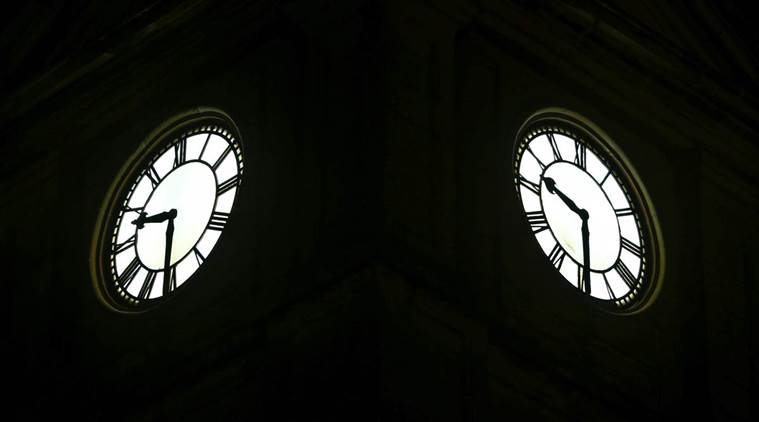Fact Check: Why European Parliament has voted out daylight saving time
Daylight Saving Time: The key argument is that it is meant to save energy. According to those in favour of DST, if clocks show a later sunrise and later sunset, it means a longer evening daytime.
 Daylight Saving Time is an idea that is now debated across the world.
Daylight Saving Time is an idea that is now debated across the world.
Earlier this week, European Parliament voted to scrap the custom of DST, or daylight saving time. Followed twice a year by some 70 countries, including those in the European Union, it involves resetting clocks ahead by an hour in spring, and behind by an hour in autumn.
Why DST at all
The key argument is that DST is meant to save energy. This is an idea that is now debated across the world.
According to those in favour of DST, if clocks show a later sunrise and later sunset, it means a longer evening daytime. Individuals will complete their daily work routines an hour earlier, and that extra hour of daylight means — or is supposed to mean — lower consumption of energy.
Written accounts suggest that a group of Canadians in Port Arthur (Ontario) were the first to adopt the practice on July 1, 1908, setting their clocks an hour ahead. Other parts of Canada followed suit. In April 1916, during World War I, Germany and Austria introduced DST to minimise the use of artificial lighting. It gradually caught on in many countries. In the EU, clocks in the 28 member states move forward on the last Sunday in March and fall back on the last Sunday in October. India does not follow daylight saving time.
Why not
In a recent article, Popular Science magazine cited studies to list out the disadvantages of DST. One hour of lost sleep in the US, one study calculated, increases the fatal crash rate by 5.4% to 7.6% for six days following the transition.
Other studies found a higher rate of workplace injuries after the switch, leading to loss days of work; a slight drop in stock market performance; health problems as a result of disruption of the circadian rhythm (body clock) — and even longer sentences ordered by judges deprived of sleep.
The vote in European Parliament followed a survey by the European Commission. Out of 4.6 million responses, 84% voted in favour of scrapping DST, The Guardian reported.
What next
The move, passed by 410 votes to 192, comes into effect in 2021. EU member states will choose between “permanent summertime” or “permanent wintertime”. Those who choose the former will reset their clocks for the last time in March 2021; those who choose the latter would do so in October 2021.
For the UK, which is on its way to exiting the EU, it presents new complications. The change would apply to the UK if it stays in the EU, and also during an extended transition period that is part of the Brexit deal, The Guardian reported. It explained that if the House of Commons should ratify the withdrawal agreement in the next three weeks, and go into an extended transition period, the UK government would have to implement the directive without any say. It could, however, backtrack once the extension period is over.
- 01
- 02
- 03
- 04
- 05






































